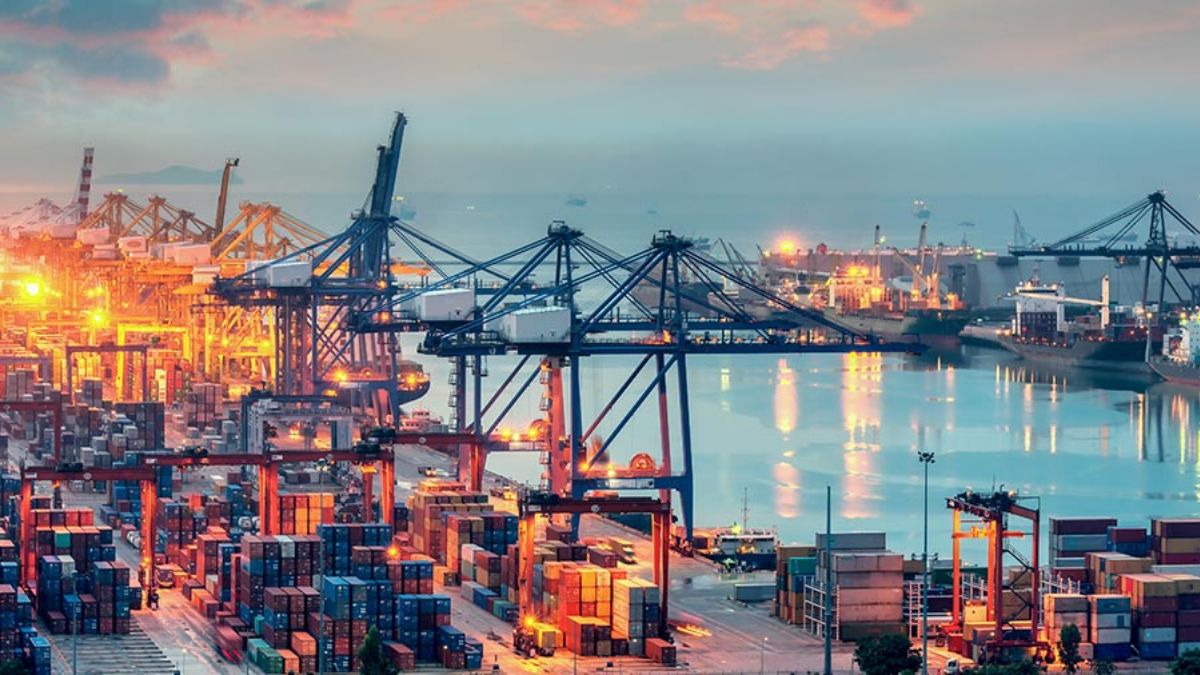Major Indian ports are facing potential disruption as port authorities engage in crucial negotiations with workers ahead of a planned strike. The strike, announced by port employees across the country, could significantly impact cargo operations and the overall supply chain if a resolution is not reached.
The All India Port and Dock Workers Federation, representing a vast majority of port employees, is leading the charge for better wages, improved working conditions, and the safeguarding of jobs amidst ongoing privatization efforts. Workers are particularly concerned about the privatization of certain port operations, fearing that it could lead to job losses and deteriorate working conditions.
Port authorities, under pressure to maintain operational continuity, are attempting to address these concerns through negotiations. They are keen to avoid a repeat of past strikes, which have caused severe disruptions to trade and economic activity. The ports in focus include Mumbai, Chennai, Kolkata, and Visakhapatnam, among others, which are critical to India’s maritime trade.
The Ministry of Ports, Shipping, and Waterways has been closely monitoring the situation, urging both sides to reach an amicable solution. The ministry has emphasized the importance of maintaining industrial peace and ensuring that the ports continue to operate smoothly, given their strategic importance to the national economy.
Stakeholders in the shipping and logistics sectors are on high alert, preparing contingency plans in case the strike proceeds. Many are concerned about the potential ripple effects on global supply chains, as Indian ports play a pivotal role in international trade routes.
The outcome of these negotiations will be crucial not only for the port workers but also for the broader Indian economy, which relies heavily on these maritime gateways for imports and exports. Both the workers and the authorities face mounting pressure to reach an agreement that satisfies all parties involved.

